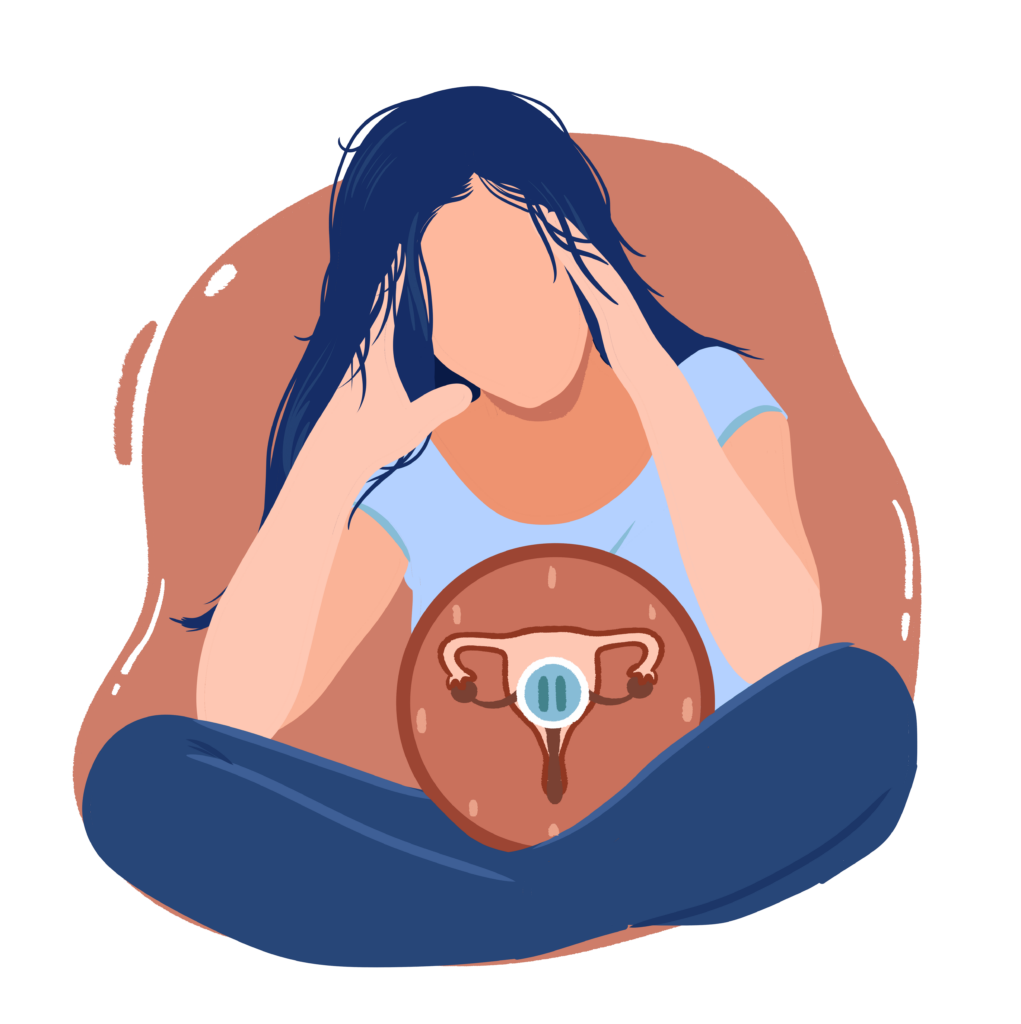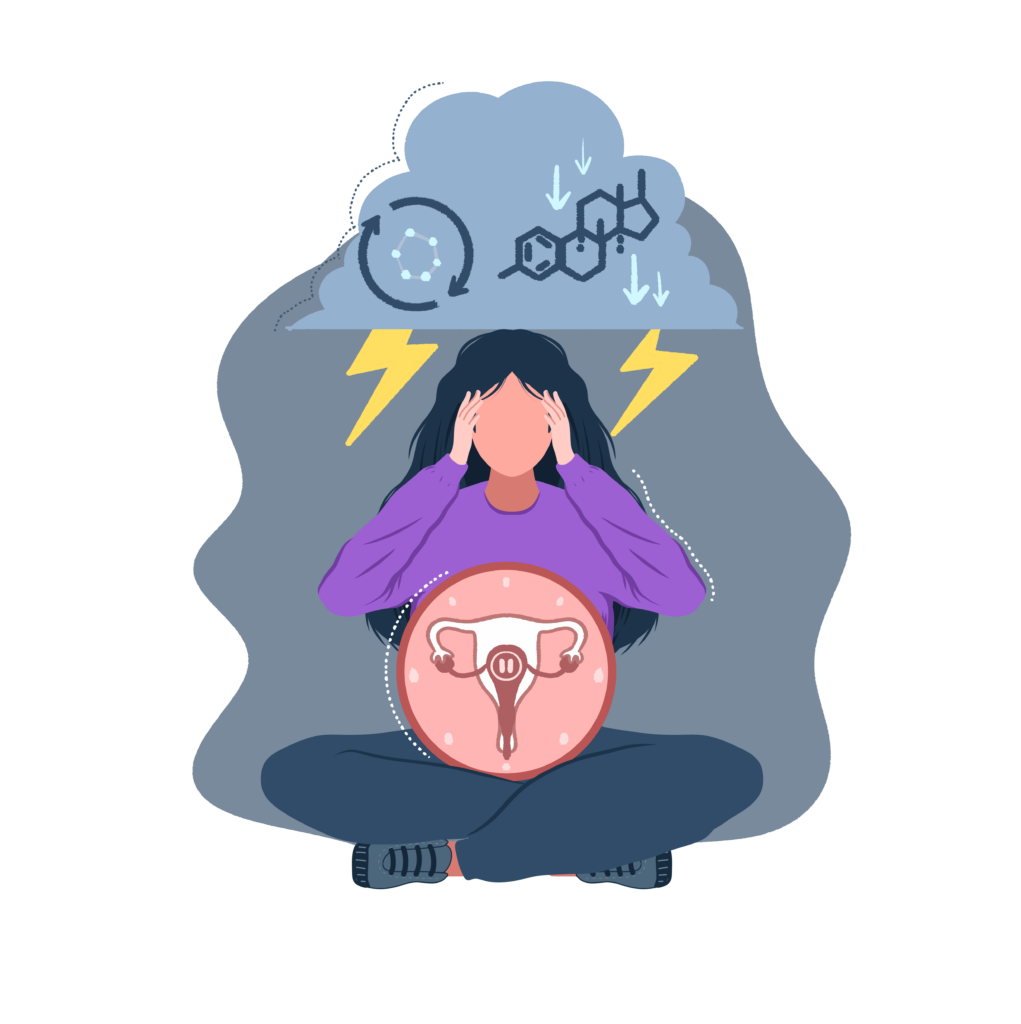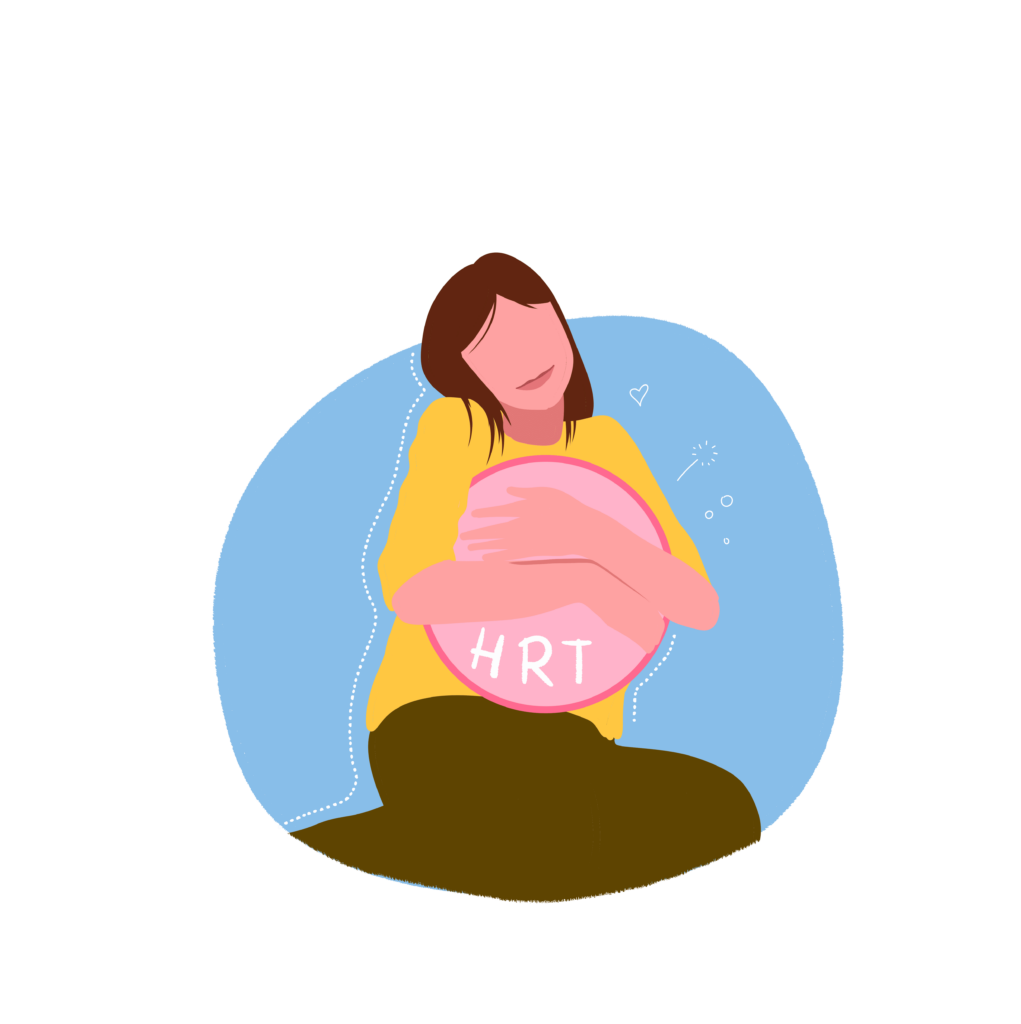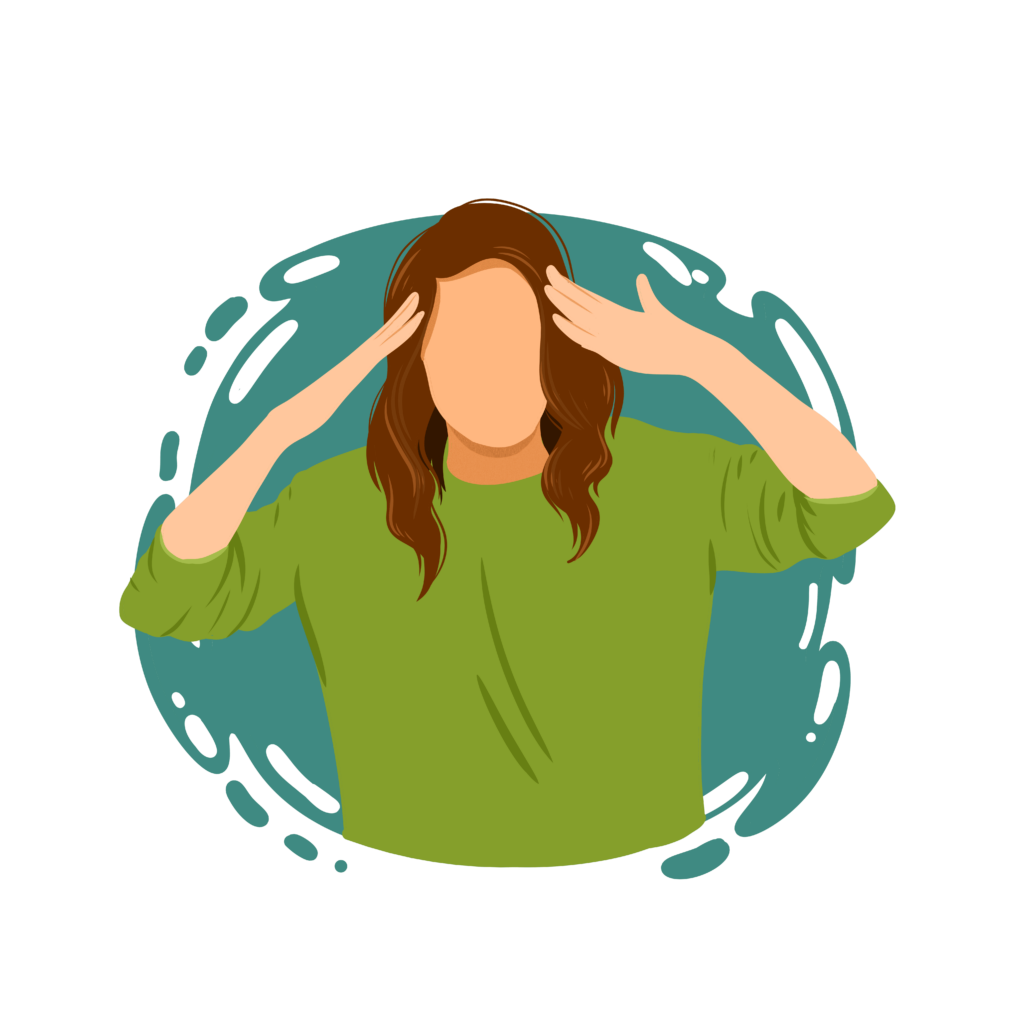Menopausal dizziness is indeed a symptom of menopause and has multiple factors that affect it. Several studies have covered dizziness induced by menopause and the primary cause of this is the hormonal fluctuation starting from perimenopausal to postmenopausal stages. It can be said that it is a chain of causes since the decline of oestrogen is not the direct cause but rather what starts it.
Hormone replacement therapy is indeed a valid option for treatment of this symptom but you must first consult your physician if it’s really the menopause that’s causing it. You can try natural remedies first such as drinking water and ginger tea as these alleviates dehydration and are proven effective based on research. Learn more about menopausal dizziness as you read through the article.
Is Dizziness a Symptom of Menopause?
Changing the position of your head, standing up, or moving about can trigger or intensify these sensations. You may experience nausea in conjunction with your dizziness, or it might strike suddenly and be severe enough to require you reclining or taking a seat.
According to the study of Masakazu Terauchi et al. from Tokyo Medical and Dental University, they conducted a test with 471 women in their menopausal stage; what they found was that 35.7% of the 471 women experienced dizziness once a week as a symptom of Menopause.
Although the precise mechanisms underlying this are still unclear, it is thought that hormone imbalances may affect the brain’s blood flow, and hence exacerbate episodes of dizziness. Effective management of dizziness during menopause requires an understanding of its causes.

What Causes Dizziness During Menopause?

Anxiety is one of the notable factors which is contributing to dizziness in menopausal stages. According to the study conducted by researchers in Tokyo , it has long been recognised that anxiety and dizziness are mutually reinforcing one another which means one can invoke the other and vice versa. Furthermore, clinical data suggests that some dizziness occurs when coupled with other symptoms giving weight to the idea of “psychiatric dizziness.”
Another factor that we are looking into is the relationship between oestrogen receptors in the inner ear. According to Kuiper from Karolinska Institute , it has been proposed that oestrogen functions affect vestibular and hearing function. The hormonal fluctuations which occur during the menopause can result in benign paroxysmal positional vertigo (BPPV).
Furthermore, alterations in hormone levels could affect how fluid balance is regulated, which could lead to dizziness. Menopausal dizziness can be effectively managed by treating hormone imbalances and their impact on blood flow, even though the precise mechanisms are still unclear. In reference to Hormone Replacement Therapy (HRT), certain research indicates that the restoration of hormonal equilibrium via HRT may mitigate menopausal symptoms , such as vertigo.
Can HRT alleviate Menopausal Dizziness?
In the findings attributed to Seong-Hae Jeong from South Korea, Hormone Replacement Therapy (HRT) has proven effective not only in addressing the decline in oestrogen but also in treating vasomotor symptoms. There’s an assumption that HRT, when utilised, provides a level of neuroprotection, especially when compared to women not employing HRT. These results reinforce the effectiveness of oestrogen supplementation in reducing the incidence of dizziness or vertigo in menopausal women.
It’s important to remember that choosing to take hormone replacement therapy (HRT) should be done after consulting with a healthcare provider and taking into account any possible hazards as well as personal health issues. We’ll look at a variety of management strategies for menopausal dizziness in the next section, including lifestyle changes and non-hormonal medicine.

What are Treatments for Dizziness During Menopause?

Drink Plenty of Water
Drinking enough water is essential if you are feeling dizzy for whatever reason. First, as low fluid levels in the body can cause a variety of symptoms, dehydration can play a role in dizziness. Furthermore, maintaining proper hydration is important for controlling blood pressure, which is linked to bouts of vertigo. Maintaining the balance of electrolytes, such as potassium and sodium, which affect nerve activity and can cause dizziness, requires proper hydration.
Switch to a Healthy Lifestyle
Avoiding alcohol and cigarettes is essential if you are experiencing dizziness for a number of related causes. Smoking can cause vasoconstriction, which narrows blood vessels and may reduce blood supply to the brain, making vertigo symptoms worse. Alcohol consumption can also cause blood vessels to dilate, which can affect circulation and blood pressure as well as cause dizziness. Furthermore, it is important to maintain appropriate hydration levels because dehydration is a major cause of dizziness and can be induced by both drinking and smoking.
Ginger Tea (Natural Remedy for Dizziness)
A research conducted regarding the efficacy of ginger roots and their test suggested that ginger root indeed reduced the vertigo significantly, hence proving the effectiveness of ginger for vertigo and dizziness.
Hormone Replacement Therapy (HRT)
It’s important to remember that hormone replacement therapy (HRT) is not always advised, even though it might help some women who are having menopausal vertigo. It helps to speak with a healthcare provider to ascertain the best course of action for each patient’s unique situation.

When Should You Seek a Doctor?

Dizziness can be a symptom of conditions including cardiovascular disorders, which include cardiac arrhythmias or blood pressure abnormalities. Dizziness attacks can also be a symptom of neurological illnesses including vestibular abnormalities or migraines. Dizziness may be a sign of a more serious medical condition that needs to be treated right away if it is sudden, severe, accompanied by neurological symptoms, shortness of breath, chest discomfort, or a severe headache.
Come see us at OMC today for a medical evaluation that will guarantee a thorough assessment of any underlying causes of menopausal dizziness you may be experiencing. This will allow us to provide the right treatment and management plans based on your individual health needs.
